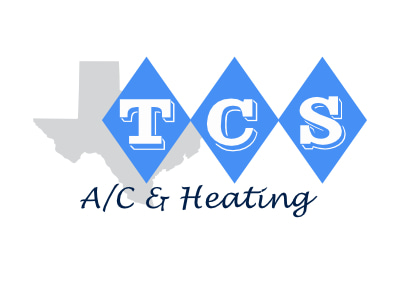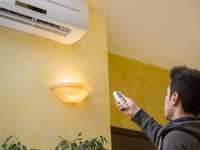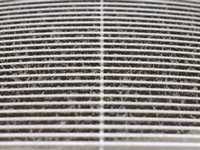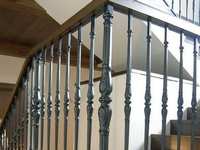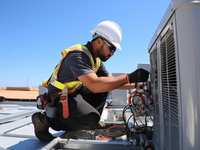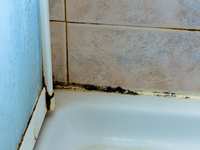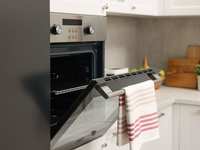- Categories :
- More
How Often Should You Replace Your HVAC Filter in The Woodlands, TX?
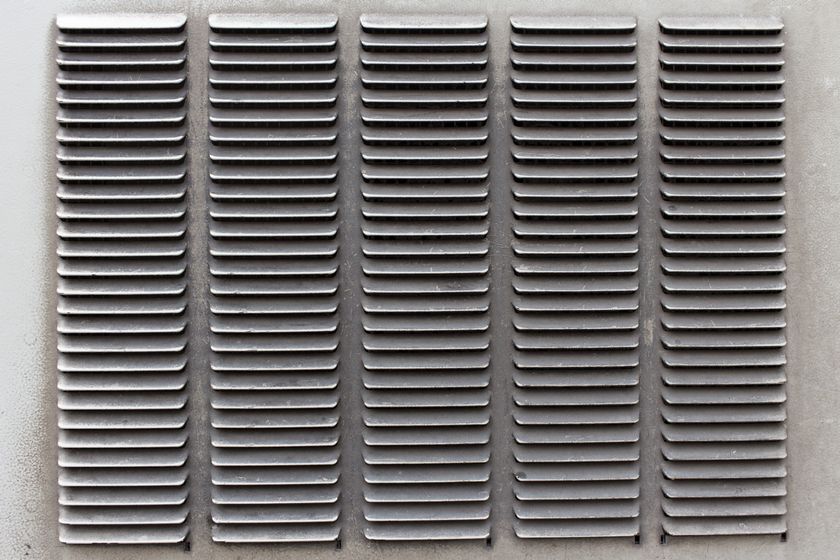
Maintaining your HVAC system is crucial for keeping your home comfortable and your energy bills under control, especially in The Woodlands, TX. One of the easiest yet most impactful tasks you can do as a homeowner is to replace the air filter regularly. A clean filter doesn’t just keep your system running smoothly—it also improves the air quality inside your home. In this blog, we’ll dive into how often you should replace your HVAC filter and the key factors that influence that timeline.
Why Changing Your HVAC Filter Regularly Is So Important
Your HVAC filter plays a vital role in keeping your system healthy. Its job is to catch dust, allergens, and other particles before they enter the air you breathe or clog up your HVAC’s inner workings. Over time, these particles can build up, restricting airflow and making your system work harder to maintain a comfortable temperature. That extra effort can put unnecessary strain on the system, leading to potential wear and tear, which might require costly repairs down the road.
A clogged filter can also wreak havoc on your home’s energy efficiency. When your HVAC has to struggle to push air through a dirty filter, it uses more energy, and you’ll notice that on your utility bills. Plus, when the filter is dirty, it lets pollutants slip through, lowering your indoor air quality. For anyone with allergies or asthma, that’s especially bad news. Replacing the filter regularly helps your system run at its best, improving both efficiency and air quality.
On top of that, regularly swapping out your filter helps prevent breakdowns. As debris piles up, your HVAC system works harder, which can cause overheating or other issues that lead to expensive repairs. A simple, budget-friendly filter change can save you thousands in the long term.
How Often Should You Replace Your HVAC Filter?
How often you should change your HVAC filter largely depends on the type you’re using. The most common options are fiberglass and pleated filters, and they each have their own guidelines.
Fiberglass filters, which are usually cheaper, need to be replaced roughly every 30 days. They aren’t as effective at catching smaller particles, which means they can clog up faster. Pleated filters, on the other hand, provide better filtration and can last around 90 days.
It also depends on how much you use your HVAC system. If your air conditioner or heater is running constantly—like during the scorching Texas summers—your filter will collect debris faster and may need to be replaced more frequently. During milder months when your system isn’t working as hard, you might stretch out that replacement to every 60 to 90 days.
Factors That Might Require More Frequent Filter Changes
While it’s generally recommended to replace your HVAC filter every one to three months, certain conditions in your home may require more frequent changes. Here are some factors that can speed up how quickly your filter gets dirty:
- Pets: If you have pets, especially more than one, you’ll need to be on top of filter replacements. Pet hair and dander clog up filters faster, so replacing the filter every 30 days might be necessary to keep things running efficiently.
- Allergies or asthma: If anyone in your home has allergies or asthma, keeping a clean filter is essential for good air quality. In these cases, it’s best to change the filter every four to six weeks to keep allergens to a minimum.
- Dust or pollen: If you live in a particularly dusty area or during seasons when pollen counts are high, your filter will fill up faster. This means you’ll need to change it more often to keep your air clean and your HVAC system working smoothly.
- System usage: The more you use your HVAC system, the faster the filter will get dirty. In homes where the heating and cooling systems are running year-round—like in Texas—you should check your filter monthly and replace it as needed.
- High-efficiency filters: High-efficiency filters trap more particles, which is great for air quality, but it also means they clog faster. Be sure to keep an eye on them and replace them at least every 60 days or as recommended by the manufacturer.
If you’re committed to keeping your HVAC system in great shape, upgrading to a higher-quality filter can improve air quality, but be prepared to replace it more often to keep everything running smoothly.
Why Quality Filters Matter
While it might be tempting to stick with the cheapest filter option, investing in higher-quality filters can actually save you money in the long run. Higher-efficiency filters not only trap smaller particles like pollen and pet dander but also last longer, requiring fewer replacements. Though they might cost a little more upfront, they help your system run more efficiently, reducing the strain on your HVAC unit and lowering your overall energy consumption. Additionally, they offer better protection for your system’s internal components, helping extend its lifespan.
For homes with allergies, pets, or high dust levels, high-quality filters can make a significant difference in both air quality and HVAC performance. It’s always worth consulting with a professional to find the best filter option for your specific needs.
Optimizing Your HVAC System
Regularly replacing your HVAC filter is one of the simplest ways to keep your system running efficiently and your home’s air clean. By keeping the filter fresh, you’ll lower energy bills and extend the life of your HVAC system. If you’re unsure which filter is best for your system or how often it should be replaced, TCS A/C and Heat is here to help. We offer comprehensive HVAC services, including preventative maintenance, to ensure your system is in top condition year-round.
Reach out to TCS A/C and Heat today to schedule a maintenance check or learn more about our services in The Woodlands, TX. Don’t wait—make sure your HVAC system is ready for whatever the weather brings!

